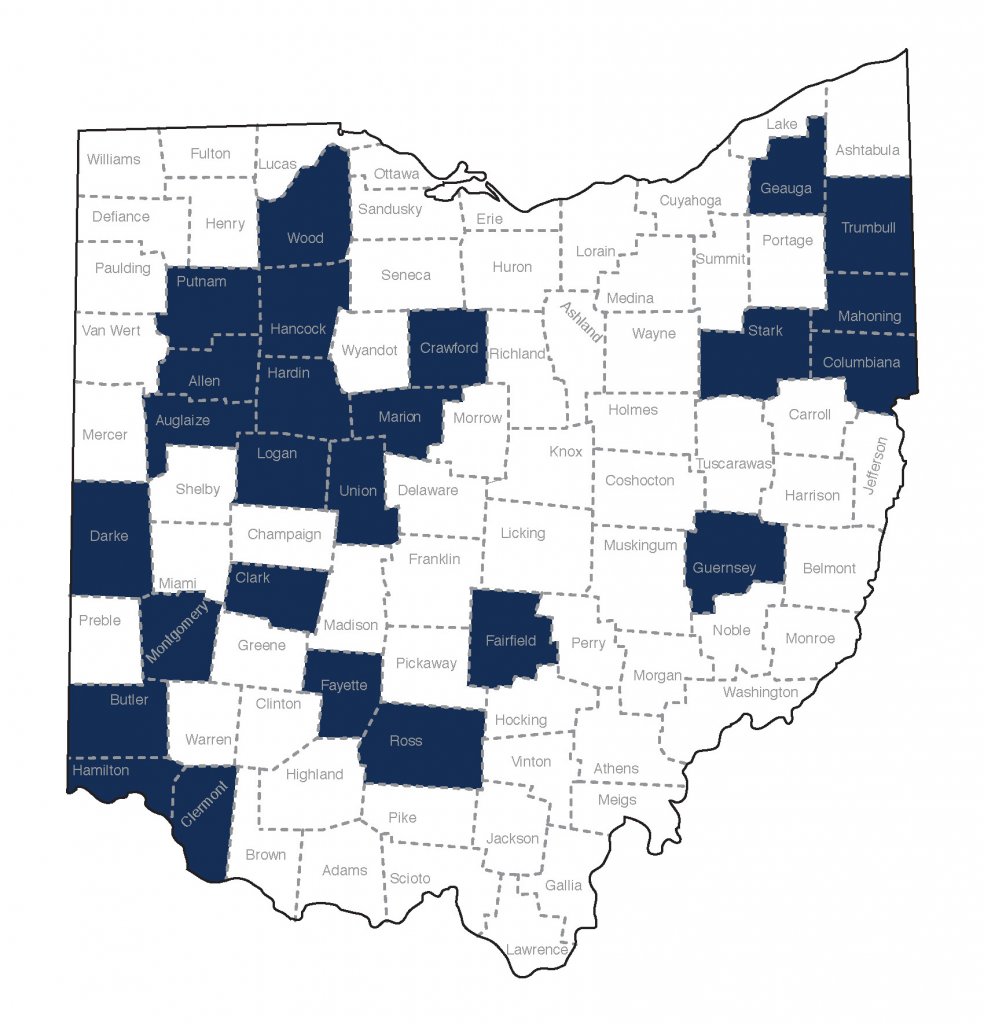Working Partners® has extensive experience working with businesses and leverages that expertise to help community behavioral health agencies develop business-centric services – effectively bridging the gap and facilitating a common language that improves collaboration between the businesses and community behavioral health agencies. We excel at assembling the relevant stakeholders around the table and guiding them to improve the health and well-being of the workforce and ultimately, all of the citizens connected to it.
Work in communities can take on many different forms, but we’ve found that these four elements are the key to a successful project:
- Strategic planning: Healthy, productive, drug-free businesses are essential to the infrastructure of thriving communities. But, how do you approach these businesses to form a partnership for an integrated community? Who are all the interested parties and necessary entities that should be at the table? We help communities decipher a plan for addressing substance use within their workforce and identify partnership opportunities for growth and sustainable success.
- Business survey: Data is critical to planning effective actions. For example, a survey collecting perceptions, attitudes, knowledge and practices of businesses as they relate to preventing and addressing substance abuse in the workplace/workforce is a good foundation for developing a workforce improvement plan.
- Technical assistance course: Once a direction is determined and planning has been done, establishing role models within the community will help stem interest and dedication to adopting drug-free workplace operations. This is accomplished by administering a graduate-level course to help participating businesses through a process to develop (or refine) a state-of-the-art and operationally sound drug-free workplace policy/program. As part of the process, businesses gain exposure and familiarity with community resources available to them in the event they have an employee who needs help with a substance use issue.
- Business communications: Evolving an avenue for routine, dependable communication that is seen as valuable to businesses is one way to keep them engaged and continue to foster relationships that have been started.
Want to know more about getting an initiative started in your community? Contact us today. We’d love to hear from you!
Using these elements, we have worked with over 25% of Ohio’s community behavioral health boards (see map below for locations) to help them address the substance use issues in their communities. This work is exemplified in the Drug-Free Workforce Community Initiative, partially-fund by the Ohio Department of Mental Health and Addiction Service, which occurred in 17-counties across the state in 2017

We thought about doing a big PR push – telling people not to use drugs, some kind of big education program with a big universal approach. But every time we thought about those projects, we didn’t get the feeling that we would make an impact. We realized we needed to approach this issue at a more micro level by taking it one company at a time. Working with one set of management and one group of employees and getting them in a place where they were really working with each other to keep each other healthy.
Mental Health and Recovery Services Board of Allen, Auglaize and Hardin Counties Executive Director